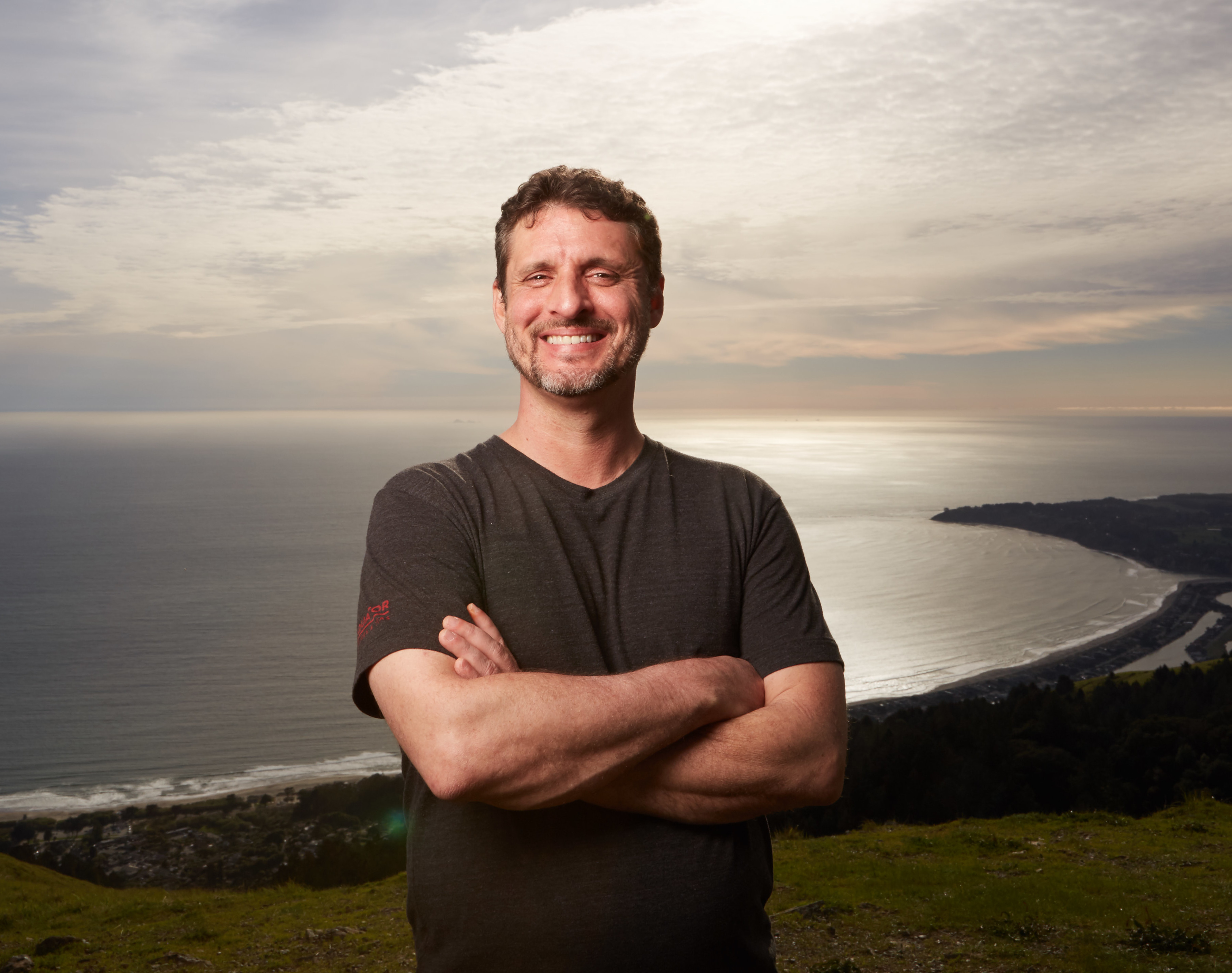Dylan’s "Like A Rolling Stone" voted #1 song by (who else?) Rolling Stone.
Here’s an article about the Top 5 songs on the list of 500
And the entry on Dylan (from CBS.com):
No. 1: "Like a Rolling Stone," by Bob Dylan
"I wrote it. I didn’t fail. It was straight," Bob Dylan said of his greatest song shortly after he recorded it in June 1965. There is no better description of "Like a Rolling Stone" – of its revolutionary design and execution – or of the young man, just turned 24, who created it.
Al Kooper, who played organ on the session, remembers today, "There was no sheet music, it was totally by ear. And it was totally disorganized, totally punk. It just happened."
The most stunning thing about "Like a Rolling Stone" is how unprecedented it was: the impressionist voltage of Dylan’s language, the intensely personal accusation in his voice, the apocalyptic charge of Kooper’s garage-gospel organ and Mike Bloomfield’s stiletto-sharp spirals of Telecaster guitar, the defiant six-minute length of the June 16th master take. No other pop song has thoroughly challenged and transformed the commercial laws and artistic conventions of its time, for all time.
Just a few weeks earlier, as he was finishing up the British tour immortalized in D.A. Pennebaker’s documentary Don’t Look Back, Dylan began writing an extended piece of verse – 20 pages long by one account, six in another – that was, he said, "just a rhythm thing on paper all about my steady hatred, directed at some point that was honest." Back home in Woodstock, New York, over three days in early June, Dylan sharpened the sprawl down to that confrontational chorus and four taut verses bursting with piercing metaphor and concise truth. "The first two lines, which rhymed "kiddin’ you’ and ‘didn’t you,’ just about knocked me out," he confessed to "Rolling Stone" in 1988, "and when I got to the jugglers and the chrome horse and the princess on the steeple, it all just about got to be too much."
The beginnings of "Like a Rolling Stone" can be seen in a pair of offstage moments in Don’t Look Back. In the first, sidekick Bob Neuwirth gets Dylan to sing a verse of Hank Williams’ "Lost Highway," which begins, "I’m a rolling stone, I’m alone and lost/For a life of sin I’ve paid the cost." Later, Dylan sits at a piano, playing a set of chords that would become the melodic basis for "Like a Rolling Stone," connecting it to the fundamental architecture of rock & roll. Dylan later identified that progression as a chip off of Ritchie Valens’ "La Bamba."
Just as Dylan bent folk music’s roots and forms to his own will, he transformed popular song with the content and ambition of "Like a Rolling Stone." And in his electrifying vocal performance, his best on record, Dylan proved that everything he did was, first and always, rock & roll. "’Rolling Stone"s the best song I wrote," he said flatly at the end of 1965. It still is.
–Article on CBS website
About Drew Dellinger

Drew Dellinger, Ph.D., is an internationally known speaker, poet, writer, and teacher whose keynotes and poetry performances—which address ecology, justice, cosmology, and connectedness—have inspired minds and hearts around the world. He is also a consultant, filmmaker, and founder of Planetize the Movement.
Dellinger has presented at over 1400 events across the US, UK, Canada, and Australia. He has spoken and performed at numerous conferences—including TEDWomen, Bioneers, the Green Festival, the Dream Reborn, and the Parliament of the World’s Religions—as well as colleges and universities, poetry venues, protests, and places of worship.
Subscribe to the newsletter!
Subscribe to Planetize the Movement to stay up-to-date, you’ll also receive a full color digital poster – FREE!








